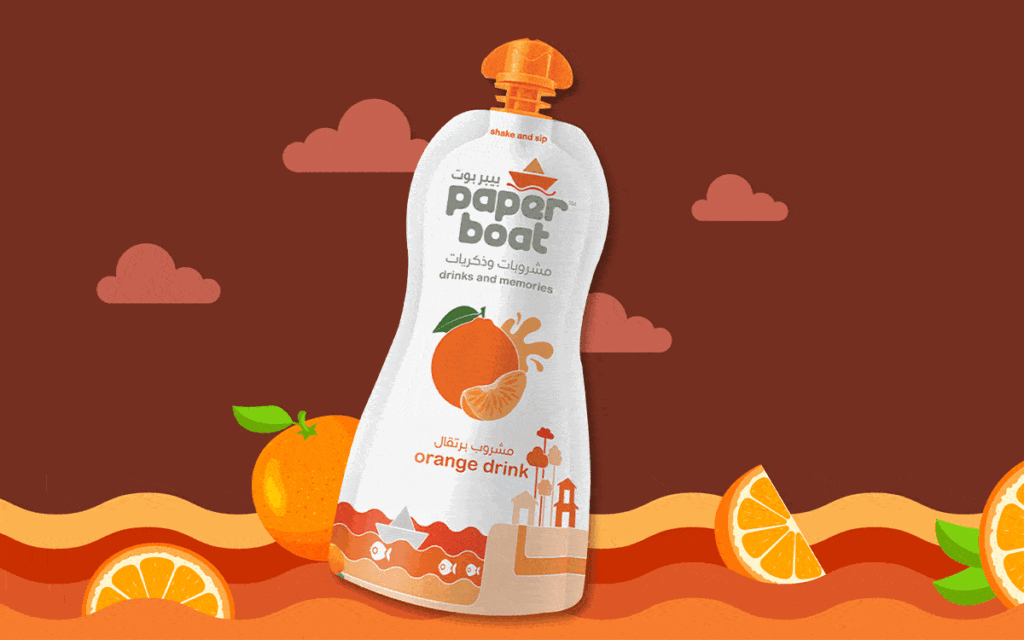Why Consumers Fall for Stories, Not Stats
In a world obsessed with metrics, one might assume numbers hold the key to consumer hearts. Dashboards, analytics, and data sheets dominate boardrooms and briefs. But when it comes to building lasting brand love, logic doesn’t win. Affection does. Emotion. Narrative. A sense of meaning.
Even in today’s hyper-measured world, it’s the emotional arc that lingers—never the 3.7% efficiency gain. Brands that sell features miss the point. And most likely, the loyalty.
Why Emotion Outranks Information
We are wired for stories. This isn’t just poetic thinking; it’s neurological. Stories trigger the release of oxytocin, a hormone linked to empathy and trust. They light up memory, imagination, even motor response areas. Stats? They engage only in language-processing zones.
Put simply:
Stats are read. Stories are felt.
This doesn’t mean data isn’t essential. But it’s the story that gives data resonance. It places numbers in context, and more importantly, it gives your brand a human voice.
Consumers Don’t Buy Rationally. They Buy Relatably.
Behavioral economics dismantled the myth of the rational buyer. Thinkers like Dan Ariely and Richard Thaler revealed that people decide emotionally, then justify logically.
Look at Apple. People don’t line up overnight for marginal camera upgrades. They do it because Apple sells a vision. A story about creativity, rebellion, and reimagining the norm. The specs are just accessories to that narrative.
Or take Tanishq. Their ads don’t dive into carat weight or tensile strength. They evoke rituals, relationships, and celebrations. They sell emotion. That’s the true feature.

Storytelling That Sticks: The Affection Framework
If you want brand affection, you don’t need a content calendar. You need a story engine. Here are four principles to build one:
1. Relatability: Be Less Perfect, More Human
Flaws make characters real. The same applies to brands. Show vulnerability. Share origin stories, missteps, and learnings. Audiences connect with honesty, not polish.
Think Paper Boat—evoking childhood with tamarind stains and school bell nostalgia, not flawless branding.
2. Conflict: No Struggle, No Story
People root for underdogs. They admire comebacks. If your brand has overcome, share it.
Nike’s Colin Kaepernick ad wasn’t safe. It was real. It engaged with culture and became a symbol of courage.
3. Character: Who Are You in the Story?
Every brand plays a role. Are you the wise guide like Google? The rebel like Harley-Davidson? The nurturer like Johnson & Johnson?
Build your brand around archetypes. Let that shape every campaign, visual, and voice.
4. Sensory Detail: Make It Lived, Not Just Told
Use textures, sounds, smells, metaphors. A vivid story immerses.
Airbnb sells accommodation, yes. But it markets the click of a key, the warmth of belonging, the hush of arriving home.
Use Data, But Let Story Lead
Keep your metrics. Use them backstage. But let the story take the spotlight.
- Let testimonials feel personal, not templated.
- Let growth narratives focus on values, not just charts.
- Let milestones feel like chapters in a meaningful journey.
Affection Builds Retention: The Trust Loop
Too many brands confuse awareness with affection. But it’s affection that drives loyalty. A story transforms customers into believers—and believers into brand champions.
A stat might explain what you do. A story shows why it matters. And that’s what moves people.
Five Quick Wins to Build Brand Affection
- Rewrite your About page as a narrative. Start with intention, not your offering.
- In case studies, let the customer be the protagonist.
- Teach your marketing team to craft stories, not just optimize SEO.
- Share behind-the-scenes stories. Celebrate process, not just polished outcomes.
- Create a brand film that reveals truth, not just sells product.
Final Thoughts
In an age of automation, the brands that thrive feel deeply human. Algorithms may drive impressions, but only affection drives connection.
The psychology of love teaches us that loyalty is emotional, not rational. It’s made of memory, empathy, and meaning. Brands that embrace this don’t just sell—they become part of lives.
At Niablo, we don’t just design brands. We build stories worth retelling.
Let’s craft one that’s unforgettable.

